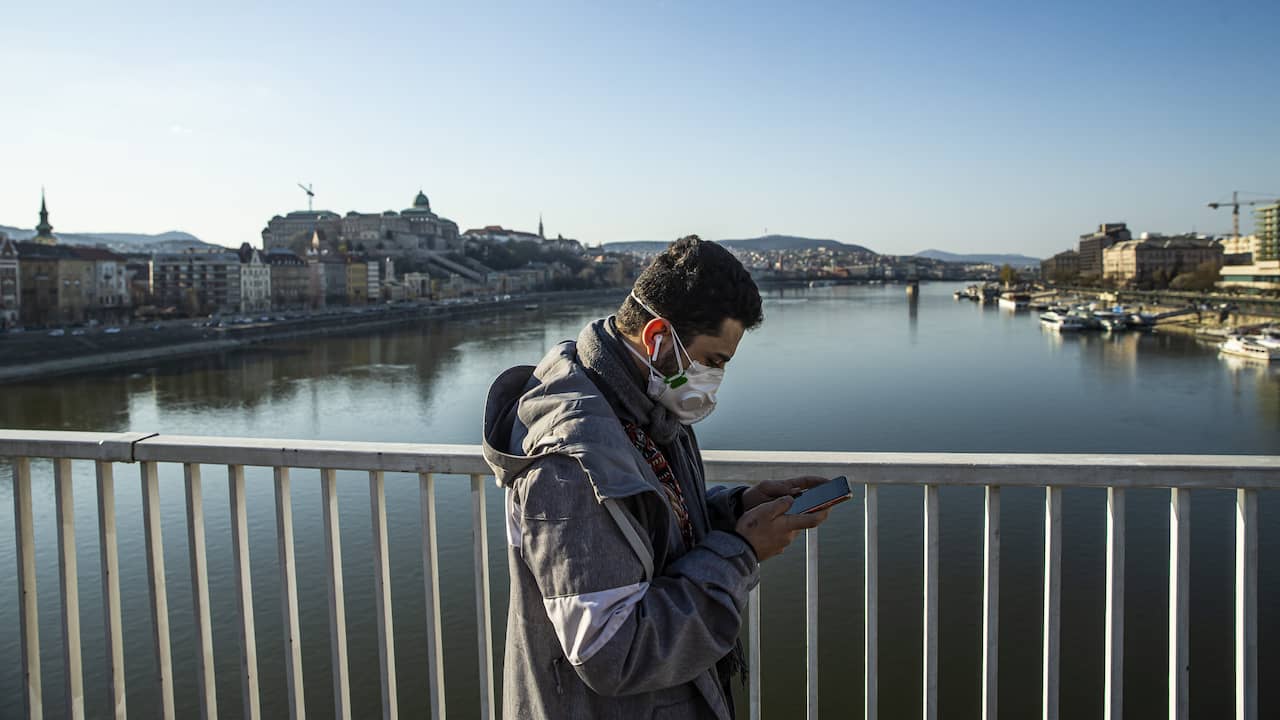Hungary and Malta are the EU Member States that are the fastest to vaccinate citizens against COVID-19. Almost one in three adults in Hungary has already had the first injection. This is in stark contrast to Bulgaria, which does not get the vaccination program off the ground and is the last one in terms of shot speed. Readers of our discussion platform NUjij wondered why this difference is so great.
In Hungary, 32.2 percent of adults have already received a dose of a corona vaccine. That share is almost double the European average (16.5 percent).
Hungary also stands head and shoulders above other EU member states with the proportion of fully vaccinated adults (13.4 percent).
Prime Minister Viktor Orbán said at the end of January that the vaccination process is the only way out of the crisis and called on pharmaceuticals to increase the production of vaccines. “We need vaccines, no explanation as to why it doesn’t work,” said the prime minister.
Hungary uses four vaccines that EMA has not approved
Orbán took action. The Hungarian government was committed to many vaccines and did not want to wait for the evaluation of vaccines by the European Medicines Agency (EMA). No fewer than seven vaccines have been put into use in the country, including two Chinese-made, one from Russia and an Indian corona vaccine. These vaccines have not appeared on the market in the EU because the regulator has not approved them.
Hungary’s national regulator considers these corona vaccines to be safe, so the country can still use them. Hungary will also receive vaccines from Pfizer, Moderna and AstraZeneca. The EMA has approved it. By the end of April, the country wants to have injected more than four out of ten million inhabitants.
Because of the rapid vaccination campaign, Orbán sees an opportunity to slowly reopen society. After a quarter of adults had been injected, a gradual reopening of the stores was announced. New eases are expected to be presented next week.
Last but not least Bulgaria missed the opportunity to purchase more vaccines
In Bulgaria, the vaccination program is not successful. So far, 7.7 percent of all adults in the country have received a first shot. That is the lowest percentage in the EU. And only Latvia has given relatively fewer adults a second dose: 1.6 percent in the Baltic state, versus 1.9 percent in Bulgaria.
One of the reasons for the slow start in the Balkan country is that the Bulgarian government did not initially purchase all of the Pfizer vaccines on offer. The country, like several other EU countries, is fully committed to the AstraZeneca vaccine.
However, the British-Swedish pharmaceutical company has been struggling with delivery problems for months and the injection process was paused in many countries due to very rare thrombosis symptoms in people who had received an AstraZeneca injection. Bulgaria suspended the injection process and resumed vaccination six days after the European regulator EMA expressed positive about the vaccine.
EU countries have now decided to grant extra supplies to the five Member States most in need of vaccines. These are Croatia, Estonia, Latvia, Slovakia and Bulgaria. The bottom of the EU ranking can count on more than 1.2 million ‘solidarity vaccines’. These are supplied from nineteen EU countries. Among others, frontrunner Hungary and the Netherlands are contributing.
In Bulgaria, 14,000 residents have died of COVID-19 so far. More than 371,000 positive tests have been registered since the start of the corona pandemic.
– .


